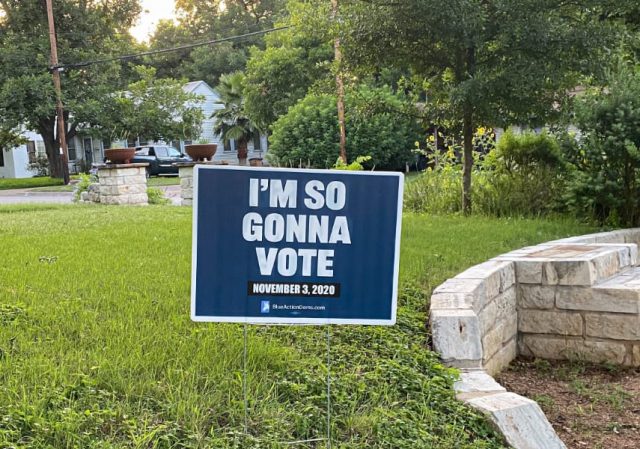I have an election hangover. Not because I self-medicated with a bottle of wine as the polling results trickled in, but because I’ve been feeling anxious, worried and frustrated in anticipation of the US election. Which of course, won’t be over until all ballots are counted and then we have to survive the legal battles. On and on it goes.
With so much at stake, I can’t help but question the power of the vote during a time when the system of democracy in the United States appears to be so deeply at odds with the ideological imperative of “every vote counts.”
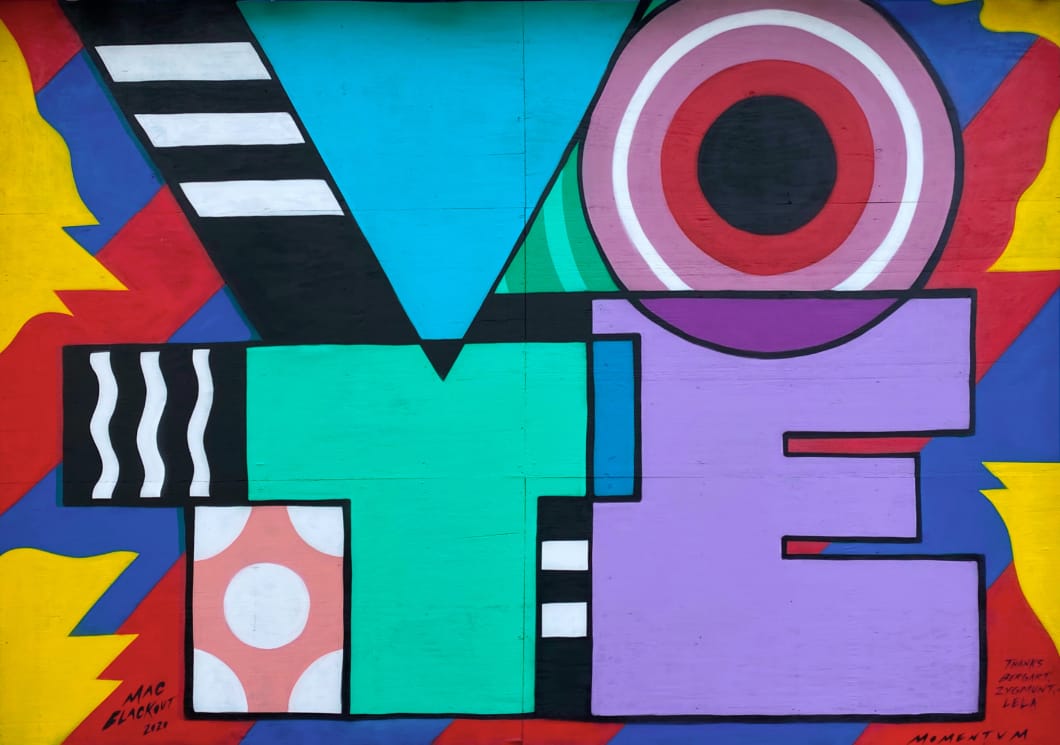
Every country on the planet has its institutional challenges, and I see that every day here at home in Canada. My greatest embarrassment since the federal election in 2015 is that my government has failed to address a long list of promises to better support Indigenous communities across the country. I wonder all the time if my vote really mattered since the changes I stood behind remain untouched. But I digress.
So it seems to me that there are two important aspects of voting to interrogate. The system and the mindset.
A Broken System?
In the United States, there is a myriad of institutional challenges voters face. Are you familiar with gerrymandering? Simplistically speaking, it means that once voted into power, a political party can redraw or manipulate the boundaries of a voting constituency in favour of capturing a higher number of supporters. Both parties do this by the way. The results create some pretty wild Rorschach-Esq district maps, but more insidiously they create a numeric advantage over the opposing party. Sounds pretty fair right?
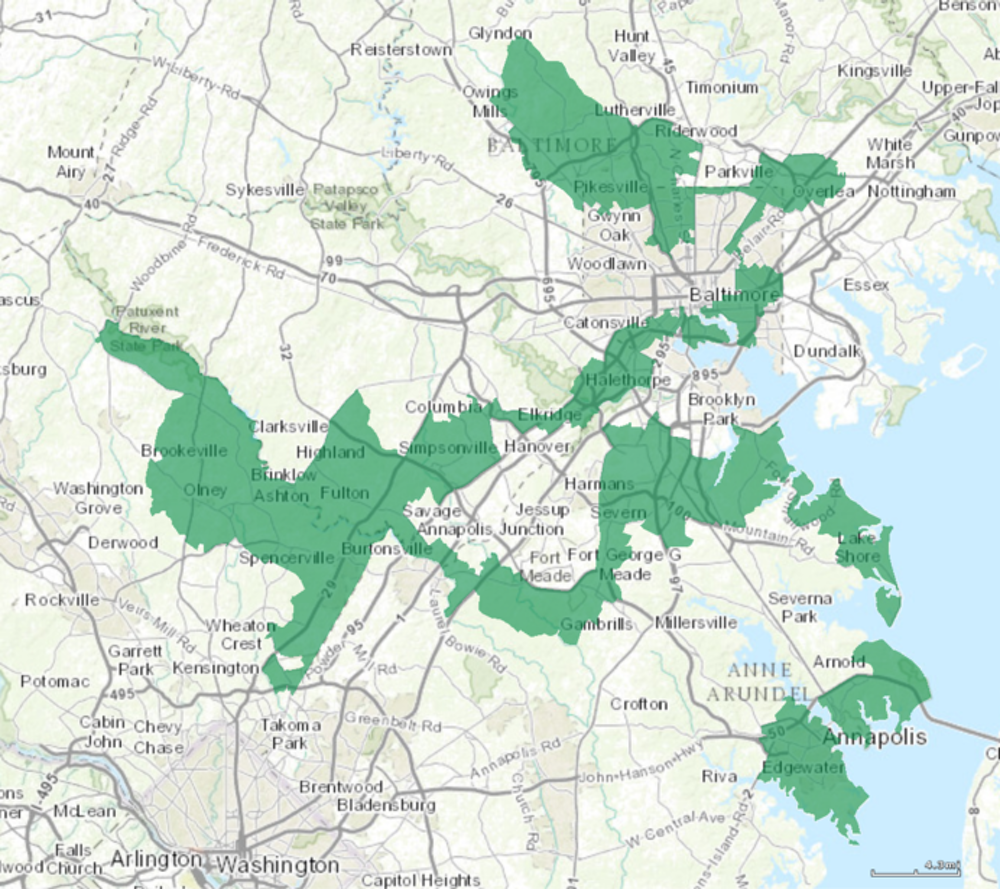
Then there is the long-term impact of mass incarceration. Once you have a felony conviction you can’t vote. That immediately eliminates millions of people — in particular BIPOC who are disproportionately represented in the US prison system.
What about Voter ID laws? There are on-going concerns (un-verified) about voter fraud in the United States. So many states have voter identification laws that require the presentation of an “official” ID to be able to vote. But it’s wrought with issues. In Texas, you can present your gun license as your official ID, but someone presenting a student ID can’t. What’s more, is that 80% of gun licenses issued in Texas go to white Texans. You can see where I’m going with this. Overall, there are nearly 21 million Americans across the country who don’t have the right ID’s to vote.
And this is the year of COVID-19 where mail-in voting and drive-through polling stations has been in the spotlight. In pre-pandemic times many states have successfully used mail-in voting with no threat of voter fraud. But we are well aware that it has become a contentious issue for the Republican party, so much so, that they are working vigilantly to nullify votes suggesting that the “election is rigged.” I wonder if anyone is keeping track of how much taxpayer money is going to lawyers right now?
I could keep going, but the list is exhausting.
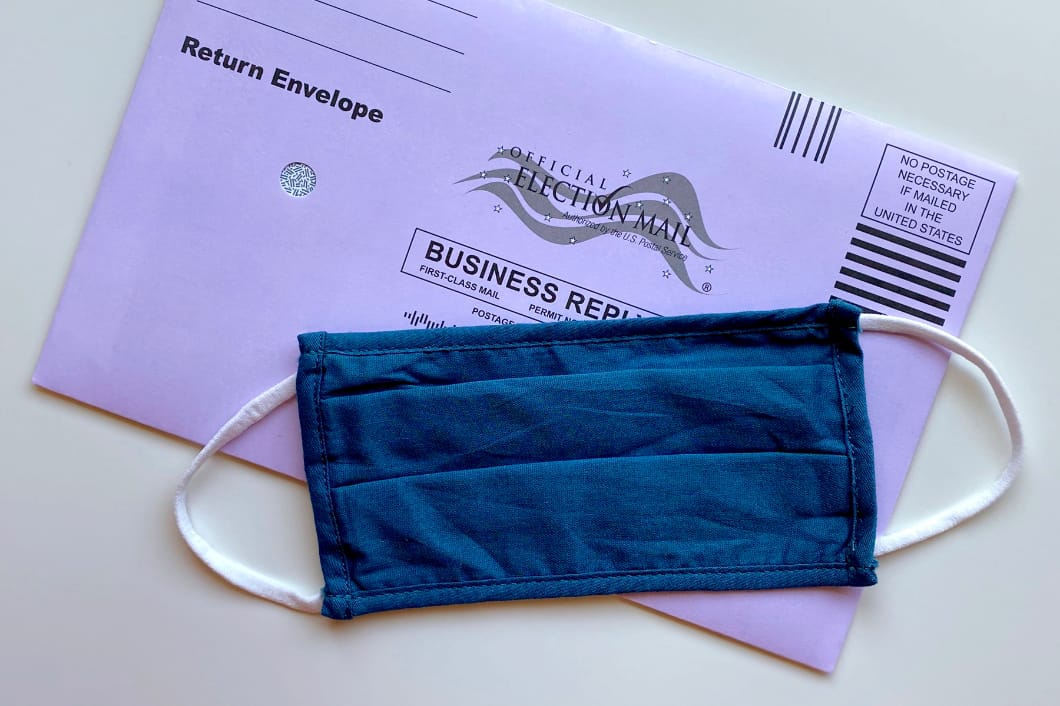
The Minds of Voters
So what about the factors that compel a voter to choose one candidate over another? Their mindset? I discovered in the Stanford Encyclopedia of Philosophy a paper, The Ethics and Rationality of Voting. It broke down some of the internal friction I was feeling and perhaps even helped me to process what I’ve been watching unfold in the United States.
First, there is Mandate theory, which “holds that a candidate’s effectiveness in office, i.e., her ability to get things done, is in part a function of how large or small a lead she had over her competing candidates during the election.”
In contrast to the Expressive Theory, “where voters vote in order to express themselves and their fidelity to certain groups or ideas.”
Now if we looked strictly speaking at the Trump administration track record since 2016 (in which he won the electoral vote by a small margin) a clear-mined person might think that his effectiveness has been less than desirable. I know that’s a matter of opinion to many, and a matter of fact to others. So as an outsider looking in, the only rational explanation for his continued support rests on Expressive Theory. Lot’s and lots of very strong emotions and beliefs and not a lot of facts influencing people’s decision making. It’s no small wonder that Russian interference has been so successful.
But that’s not really much different than what democrats grapple with as well. Technically speaking if voters are relying on Mandate Theory, then it’s presumptive. Folks are hoping that Joe Biden’s service to date is an indicator of what he’s capable of in the office of the presidency. If he wins and we look at the margin of his victory, we may find that his effectiveness in office could be stifled from the get-go. Or maybe it will be a landslide victory..?
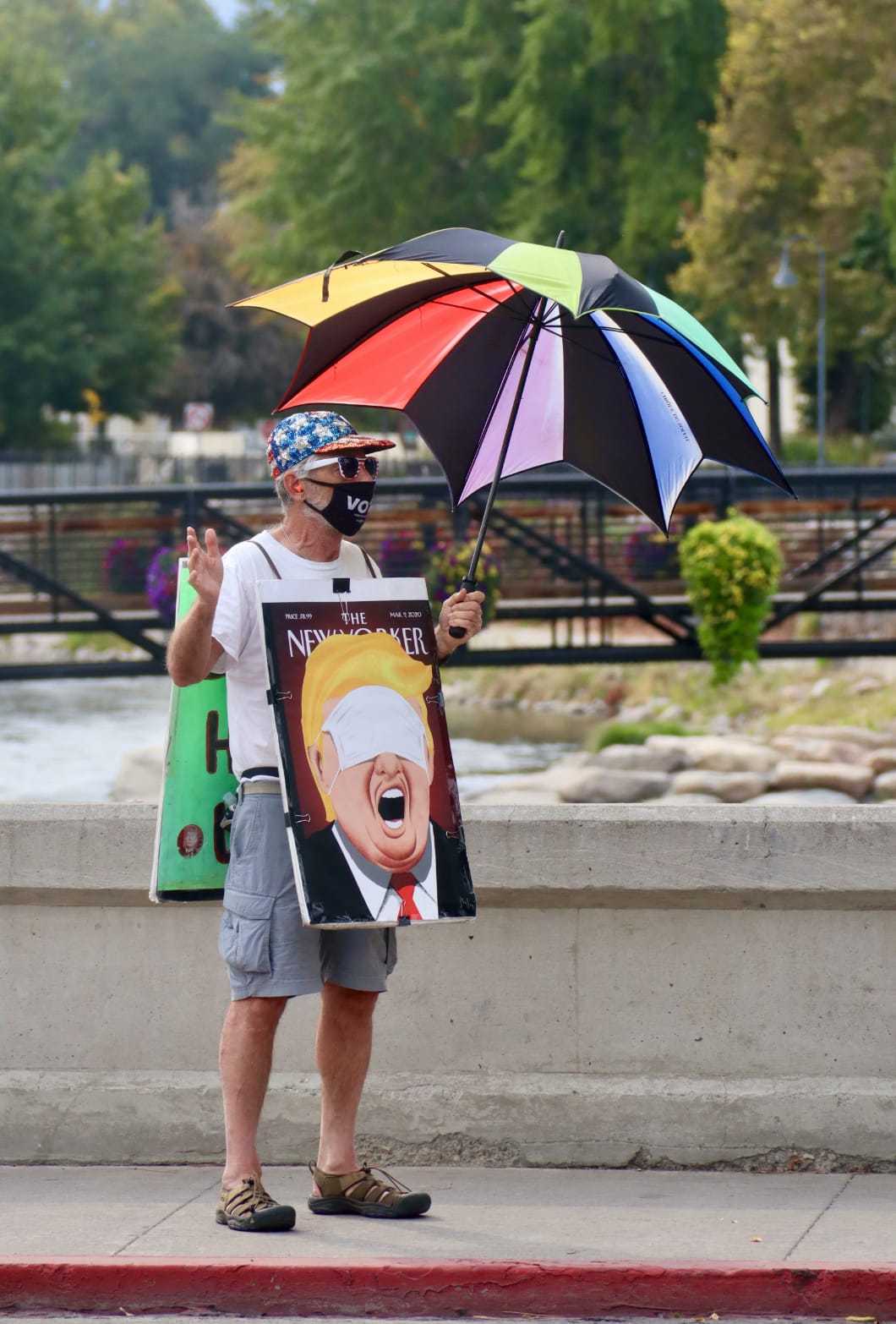
For the Expressive Theory camp, we are right back at the core of lots and lots of very strong emotions. Don’t get me wrong. Emotions are valid. Everyone’s feelings matter. And campaigning is all about how to appeal to those emotions. But it’s at the precipice of these emotions from both sides of the aisle that polarization occurs. We all know how muddy those waters can get.
The power of the vote is complicated. Democracy is an ideal that continues to be held in great esteem in our society. Lauded as the foundation for basic human rights, political equality, the rule of law. But even in the world’s “greatest” and oldest democracy, the power of the vote is something that must constantly be cared for, be championed and improved. Those foundational aspects are being challenged in this election and for those of us watching anxiously as outsiders, it can feel scary. What happens in the United States quite literally impacts what happens in the rest of the world.
So all I can do is watch and hope. Talk to my friends and loved ones in the US and commiserate with them, encourage them and let them know that there is always a place for them to stay if they decide to come to Canada. (Kidding!) But I do have a deeper appreciation and understanding now, why it’s important to question the power of voting. The more informed you become, the better equipped you can be to do your part and Vote.
